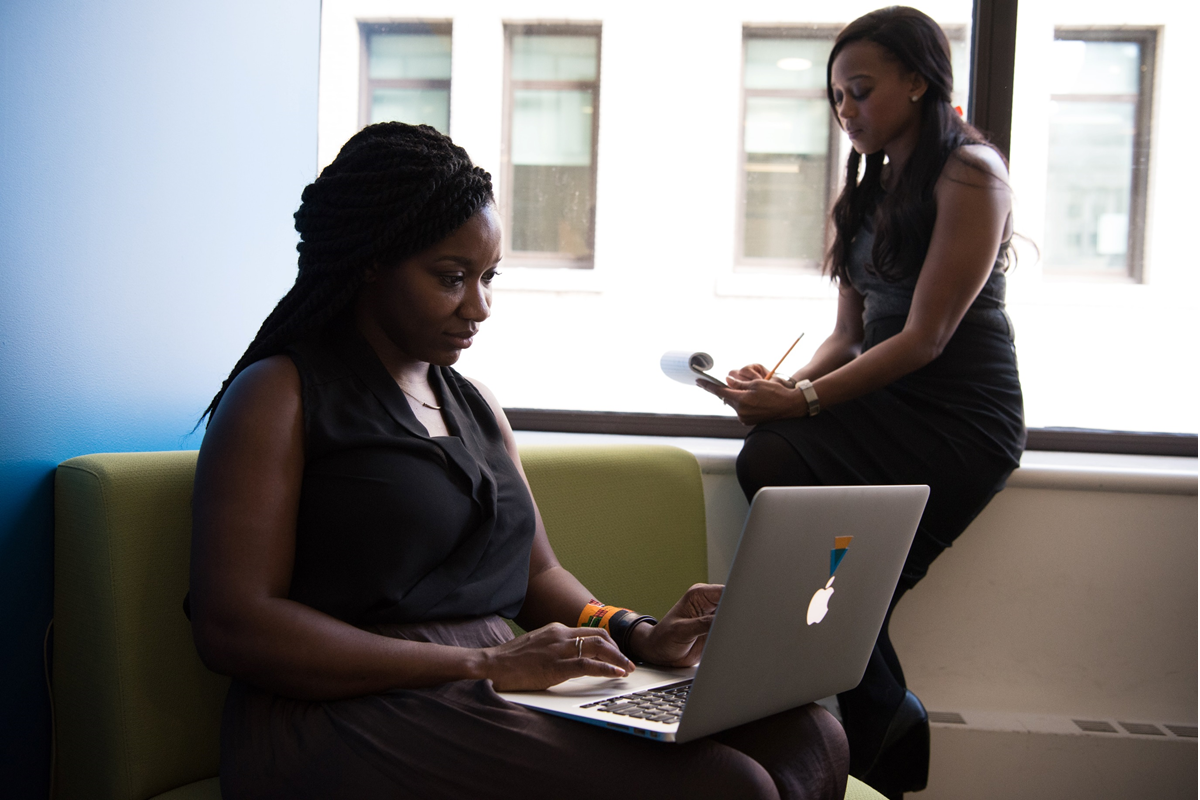Pandemic-era business travel exposes gender gap
Recent AirPlus analysis has found that women now make up an even smaller proportion of business travelers since the pandemic began. Already a minority before the crisis, with 19% of business travel conducted by women in AirPlus’ home country of Germany, that number has since fallen to 12%, with similar trends across Europe.
Fewer trips, but even fewer women
The coronavirus crisis has not only massively reduced the number of business trips we take but has also had a noticeable impact on the gender makeup of those who do travel. A subsidiary of aviation leader Lufthansa, AirPlus analyzed 300,000 flight bookings from January 2020, just before the crisis, and from October 2020, in the midst of ongoing regional lockdowns, global restrictions, and reformed company travel policies. We considered business travelers in Germany, France, Italy, and the UK, and came across a striking finding. Business travel, long working to close its pronounced gender gap, has suddenly found itself an even more male-predominated arena in the context of our worldwide struggle to contain the virus.

Only one in eight business trips across Germany in October was taken by a woman, with similar trends across Europe.[1]
Before the coronavirus pandemic, one in about five business travelers was female. Our data for January 2020 turned out 18.6%, a figure on the gradual rise over the last few years. But the pandemic has cut that share by more than a third, rolling back the industry’s progress toward equity. By October, women made up only 12.1 percent of all business travelers in our analysis. Fewer than one in eight.
The role of roles
A recent study by the Bertelsmann Stiftung (check it out in German here) sheds critical light on two major reasons women have found themselves traveling less. Tellingly titled “Traditionelle Rollenverteilung in Corona-Krise belastet die Frauen” (Traditional role assignment in corona crisis burdens women), the study outlines how women are doing more work in the household than before the pandemic, and significantly more than men.
“The pandemic has brought to light that traditional roles have hardly broken down at all.”
Though the foundation’s research was limited to Germany, its findings align with shared realities across Europe, where progress out of traditional gender roles has appeared all too superficial in the face of crisis. The pandemic, the study concludes, “has not so much caused a relapse into traditional roles as much as it seems to have brought to light that the traditional division of roles between men and women in Germany has so far hardly broken down at all.” As if rubbing off a coat of paint, the crisis has exposed the patterns still just beneath.
Industry diversity
Of course, the sudden decline across so many interconnected factors and industries shouldn’t be explained by a single narrative. For instance, women are less likely to work in industries where business travel has persisted most tenaciously. “First, we see that certain occupational groups travel more than others because they have to be physically on site to do their work,” explains AirPlus CMO Yaël Klein. These groups include installation technicians and field engineers, positions predominantly held by men. “Second, it is clear that some industries travel more than others,” says Klein. The energy sector, for instance, travels far more than, say, the education field, and is comprised of a greater proportion of men.
Hitting home
Despite the complexities, remains the most convincing aspect of the sudden gender gap. Besides our data, we at AirPlus have experienced for ourselves that female employees have been more likely to maintain domestic and childcare responsibilities during the pandemic. “The return to traditional patterns was evident very early on, when the first schools closed,” reflects Klein. “Even after the schools reopened, there hasn’t been much change there.” With the situation still in flux and its effects on domestic life profound, the responsibility of coping with ever-changing conditions and restrictions has fallen predominantly on women.

"The interpersonal communications of business travel shouldn't be reserved for just one gender," says AirPlus CMO Yaël Klein.[2]
Reading human behavior from data is intricate work, but we don’t need to split hairs to make an important commitment. What matters now is reversing the trend. As business travel settles into its new normal, we have the opportunity to better shape it to the values of gender equality. “Business travel is especially important for interpersonal communications between people and companies,” says Klein. “That shouldn’t be reserved for just one gender.”
Our society’s ongoing efforts to enable women to achieve critical roles in leadership and in male-dominated industries should be given fresh new impetus if they are to overcome the traditional patterns entrenched beneath our well-intentioned rhetoric of progress. When the threat of the virus is lifted, we may well see a swift return to pre-pandemic gender ratios, but the unexpected insights we have gained from this challenge can help guide us toward a more sustainably equitable future for business and beyond.
See the original press release by Marcell Haag.
[1] Banner photo by LinkedIn Sales Navigator on Unsplash
[2] Photo by Christina @ wocintechchat.com on Unsplash










